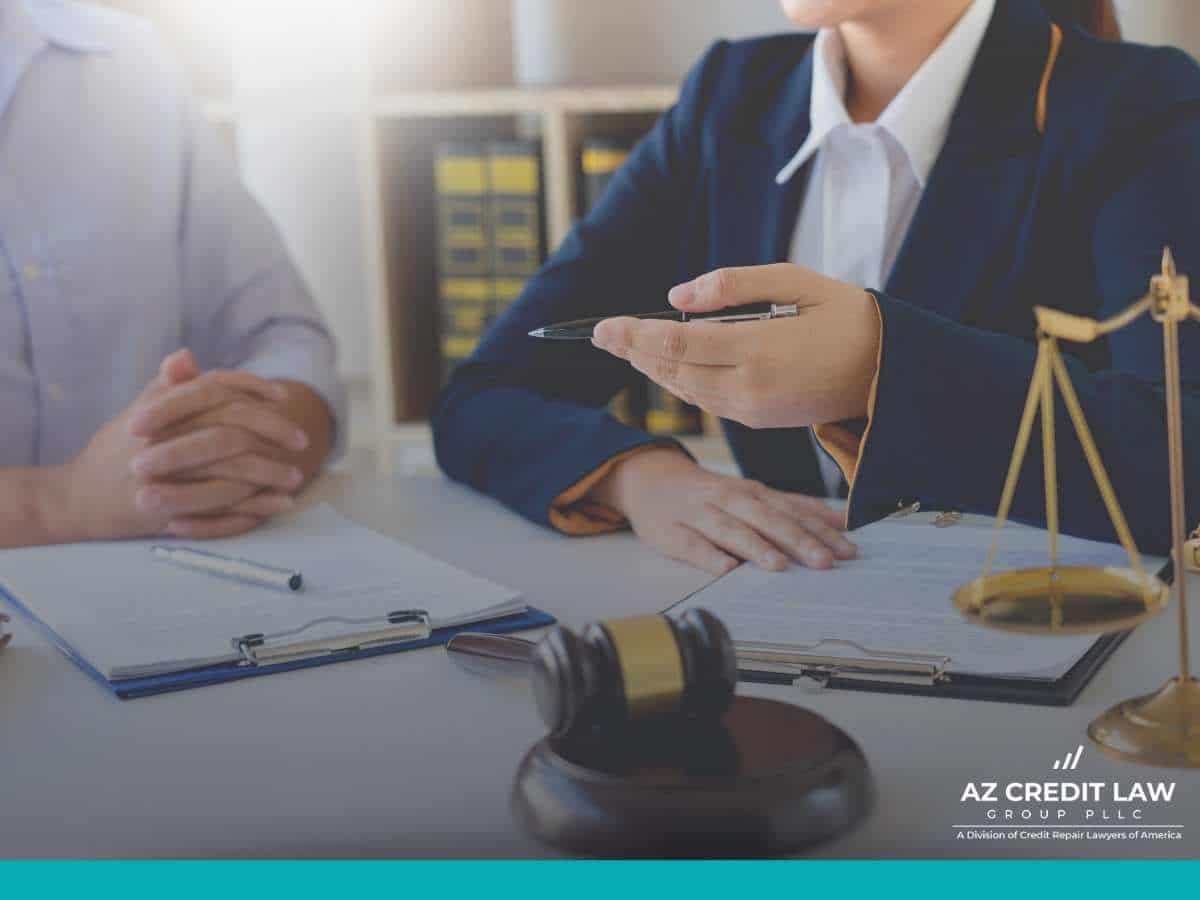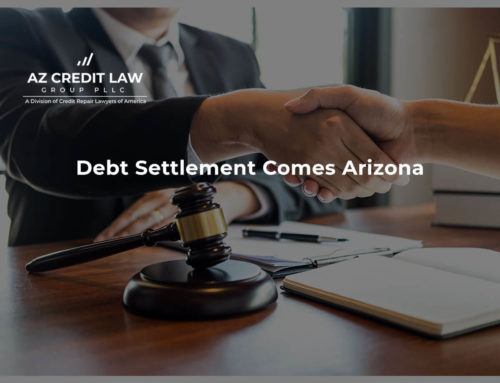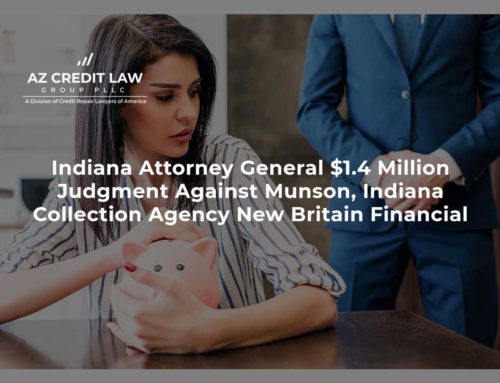The Consumer Financial Protection Bureau Is Implementing New Regulations To The FDCPA
There is a lot to know about the new Fair Debt Collection Practices Act regulations assembled by the Consumer Financial Protection Bureau. Consumer’s rights have been complicated with the advent of cellphones, email and text messaging…things never contemplated by Congress when the FDCPA was first promulgated.
The Consumer Financial Protection Bureau (“CFPB”) assembled regulations to the FDCPA on October 30, 2020 to address these newfangled devices. They are implementing them on November 30, 2021. While these are merely regulations that seem to implement the FDCPA’s structures into our high-tech society, you (creditors and consumers alike), should be aware of some of the more interesting changes.
Here are some of the changes that the CFPB is implementing:

1. When Is a Communication Not a “Communication” Under The FDCPA?
A. When it’s a “Limited Content Message.” This allows a debt collector to leave a voicemail for a consumer. The message must include the name of the debt collector that does NOT indicate that it IS a debt collector. The message must be left for the consumer/debtor and NOT a third party. Hence, leaving a voicemail at the consumer’s business would not qualify at all. P.S. It only applies to voicemails and not to text messages.
2. What May a Debt Collector Say About a Decedent’s Debt & To Whom May He Discuss It?
A. The debt collector may talk to the surviving spouse who is considered a consumer under the new regulations. Moreover, the debt collector does not have to wait any specific period of time before calling the surviving spouse.
3. When May a Debt Collector Talk To a Consumer Represented By An Attorney?
A. A debt collector may not contact a consumer that the collector knows is represented by an attorney. But, if the consumer contacts the debt collector, the collector may respond to that communication. It does not relieve the debt collector of the obligation to otherwise not contact a consumer directly that is represented by counsel.
Note, however, that when a consumer gives permission to a debt collector to discuss debt even though the consumer has an attorney, that permission does NOT transfer to a new debt collector if the debt is transferred.
4. How Do The Regulations Affect Email & Text Communications By Debt Collectors?
A debt collector can communicate these days, by texting and emailing the consumer if the debt collector obtained the cell phone or email address in a prescribed way. Generally, if the debt collector obtains these items from the creditor and the consumer does not opt out of these forms of communication, then the debt collector can probably use these methods of communication.
5. Consumers Right To Send a Cease & Desist Communication Electronically?
Typically, a consumer’s Cease and Desist letter to a debt collector must be in writing to be effective. Today, a consumer can use the “Contact Us” or similar tabs on the debt collector’s website to inform that the consumer no longer wishes to be contacted about the debt.
Opt out – Collectors must provide opt out instructions in emails, text messages and other electronic communications. The opt out instructions must be clear and conspicuous. The opt out instructions must also be “reasonable and simple.” Hence, telling a consumer “Send a letter to this address” on its website, is not reasonable and simple to opt out.
6. What Are The New Limitations On Phone Calls?
If an overzealous debt collector calls, emails and texts repeatedly, it may be considered harassing under the FDCPA. A debt collector can call you up to 7 times within a 7 day period and be presumed in compliance with the new regulations. But, if that same debt collector calls 7 times in 7 days (but does not connect with the consumer) and then drops a ringless voicemail onto the consumer’s phone, he has probably violated the FDCPA.
There is a presumption of a violation if a debt collector calls and talks to a consumer and then calls the consumer again within 7 days.
At AZ Credit Law Group PLLC, we are dedicated to fighting back against debt collectors on behalf of consumers. Call us at (480) 907-6088 or email us at in**@***lg.com for more information. You can also visit our site at AZ Credit Law Group PLLC.

7689 Paradise Lane, Suite 2,
Scottsdale, AZ 85260
Phone: (480) 907-6088
Email: in**@***lg.com








